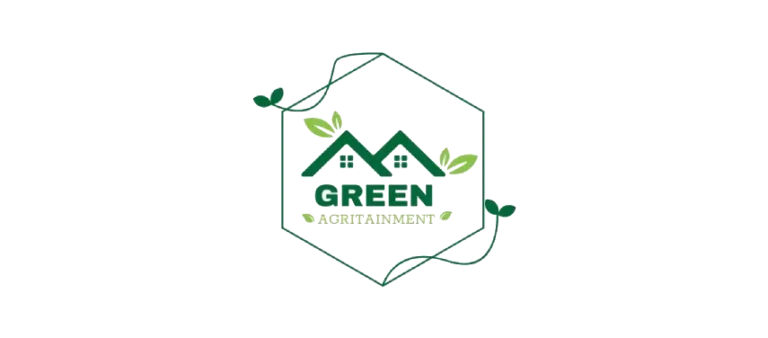
URB STEAM
- Code: 2021-1-EL01-KA220-SCH-000034476
- Category: Environment, Literacy & Education
Teaching STEAM Through Urban Garden Based Learning In The Kindergarten
In early childhood, the comfort with math (& STEM in general) and fluency with the subject can be the strongest predictors of later academic success than even literacy. There are studies that show that children who enter kindergarten with a certain comfort with math go on to be high achievers through their middle and high school years (Claessens and Engel 2013).
Researchers have observed children at play and noted that mathematical thinking shows up frequently in play settings (Ginsburg 2000). For example, children’s play involves pattern and shapes, comparisons, and numbers. This tells us that young children have an innate curiosity about math and a natural tendency to “think math.”
Research suggests that active exploration wires the brain, and helps kids develop powerful intuitions about concepts central to science, technology, engineering, and mathematics (Dewar,2016). An innovative approach is to use the natural world as an innately fascinating context within which to learn mathematical concepts.
| Organization Name | Country |
|---|---|
| MONADA FRONTIDAS PROSCHOLIKIS AGOGIS KAI DIAPAIDAGOGISIS - NIPIAGOGEIO MARIA AX. VAIOPOULOU - DESPOINA AX. TSIRAKOPOULOU O.E | Greece |
| KAIROS CONSORZIO DI COOPERATIVE SOCIALI - SOCIETÀ COOPERATIVA SOCIALE | Italy |
| DJECJI VRTIC MORE | Croatia |
| STANDO LTD | Cyprus |
| UTOPIA PROJECT KOIN.S. EP | Greece |
Disclaimer: This project has been funded with support from the European Commission. This publication reflects the views only of the author, and the Commission cannot be held responsible for any use which may be made of the information contained here.






